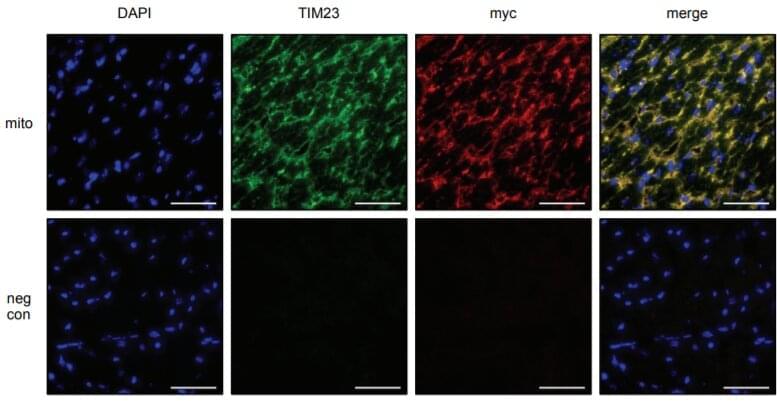Year 2021 😗😁😘
Researchers Prof. Judith Haendeler from the Medical Faculty and the molecular biologist Prof. Joachim Altschmied from the Department of Biology, together with their teams, have shown for the first time in the cardiovascular system that telomerase reverse transcriptase (TERT) within the mitochondria, the powerhouses of the cells, has a protective function in myocardial infarction. This work, which was performed together with other groups from the University Hospital Düsseldorf and the University Hospital Essen within the frame of the Collaborative Research Center 1,116, was recently published in the journal Circulation.
Cardiac muscle cells benefit from the increased mitochondrial function and are protected from cell death. Other cell types also profit from increased mitochondrial function such as fibroblasts, which are essential for stable scarring after an infarction, and endothelial cells, which are needed for vascularization and thus blood supply in the infarct area.
In the cell nucleus, TERT is a component of the so-called “immortality enzyme” telomerase, for the discovery of which the Nobel Prize in Physiology or Medicine was awarded in 2009. Meanwhile, it has been shown by the two research groups at HHU, that TERT is also present in mitochondria in the cells of the cardiovascular system. However, until now it has not been possible to clearly distinguish between its functions in these two cell organelles.
